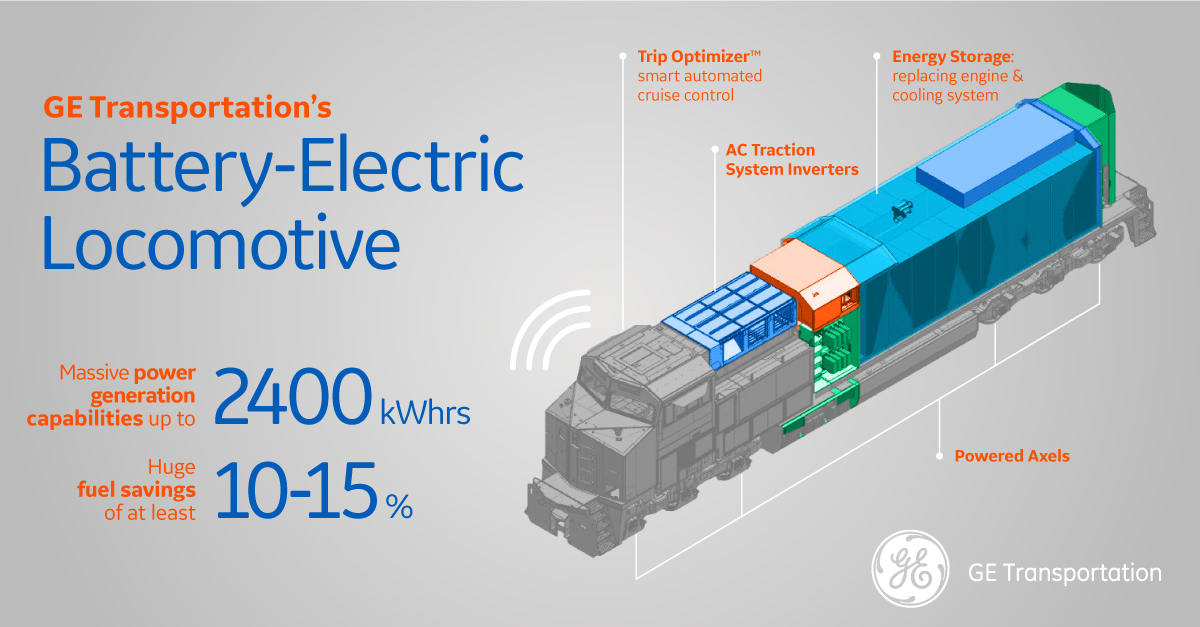The billionaires are fighting. Bill Gates and Elon Musk have a history of bickering, with Gates suggesting Musk stick to rockets and electric cars rather than spreading his contrarian ideas about coronavirus. Musk replies "hey, knucklehead, we actually make the vaccine machines for CureVac, that company you're invested in" in a podcast interview.
I didn't look into that dispute, but I followed up on a disagreement about electric trucks. In his blog post How do we move around in a zero-carbon world? Gates casts aspersions on electric trucks, such as the Tesla Semi.
- EVs excel at short-haul travel. That means they’re great options for personal cars and even medium-duty vehicles, like city buses and garbage trucks. But even if we develop cheap, long-range EVs that are powered by zero-carbon sources, electrification isn’t an option for many types of transportation.
The problem is that batteries are big and heavy. The more weight you’re trying to move, the more batteries you need to power the vehicle. But the more batteries you use, the more weight you add—and the more power you need. Even with big breakthroughs in battery technology, electric vehicles will probably never be a practical solution for things like 18-wheelers, cargo ships, and passenger jets. Electricity works when you need to cover short distances, but we need a different solution for heavy, long-haul vehicles.
Musk replied, "He has no clue".
Who's right? Engineers in the house, please chime in.
I note that Gates says that batteries are "big and heavy" but then never mentions size again. For a vehicle that is already quite large, increasing the size by adding bulky batteries seems like a minor concern. Among 18-wheeler trucks, there is already a wide variety of tractor size. Some have a sleeping compartment in the cab.
What about weight? Gates says "the more batteries you use, the more weight you add—and the more power you need" but power for what? A heavy battery in a truck on the ground needs no power to continue existing. This is true when the vehicle is parked or in motion. At highway speed, air resistance is the main force that the engine has to overcome.
Extra battery weight is a factor in getting up to speed. Force equals mass times acceleration, so if the mass of the vehicle doubles, the same engine force will accelerate the truck half as fast. Semi truck 0-60 mph times seem to be about a minute. Compared to the many hours of a long-haul voyage, adding a minute or two to get up to speed is no big deal.
Gates hints at a runaway problem of more battery weight requiring more batteries causing more weight, familiar to Kerbal Space Program players who keep strapping more boosters on their rocket. But a rocket fighting gravity is very disadvantaged compared to a rolling vehicle getting up to speed and overcoming drag. Aircraft also fight gravity, and I think Musk would agree that electric flight is still far off.
The Model S battery pack weighs 540 kg, 24% to 27% of the total weight of the car. It seems to me that these numbers could be scaled up to truck size without much affecting the ratio, with plenty of apparent room for a higher battery composition.
Stopping is a factor too, and heavier vehicles take longer to decelerate. This is already an issue that trucks carrying heavy loads have to contend with, but batteries will probably weigh more per unit of energy output than gasoline for a while. On the other hand, regenerative braking can recover some of the energy used to accelerate the vehicle. This is a big advantage in hills, where diesel trucks use fuel going up and brake pads going down.
- Electricity works when you need to cover short distances, but we need a different solution for heavy, long-haul vehicles.
Almost all of the largest locomotives have electric motive power. Battery-electric locomotives are in development now.
I score this dispute in favor of Musk.
